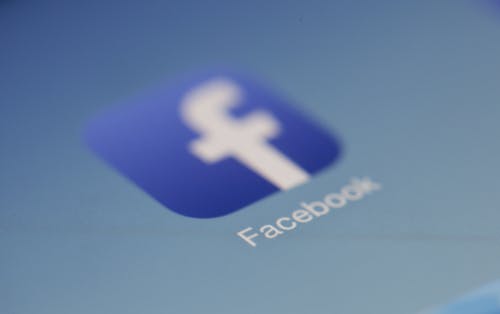
Government requests for FB user data rises by 7% globally; India 2nd

Government requests for Facebook user data increased globally by seven per cent in the second half of 2018 with India being on the second spot after the US in the list of nations asking the social networking giant to divulge details, a top executive of the company has said.
California-headquartered Facebook, sharing its latest transparency report on Thursday (May 23), said it takes the commitment to transparency seriously at the company. Guy Rosen, Facebook VP of Integrity, said that in the second half of 2018, government requests for user data increased globally by seven per cent from 103,815 to 110,634.
“This increase reflects normal growth for the second half as compared to previous reporting periods,” he said in a statement on the company’s website. Of the total volume, the US continues to submit the highest number of requests, followed by India, the UK, Germany and France, Rosen said. He said that during the second half of 2018, the volume of content restrictions based on local law increased globally by 135 per cent from 15,337 to 35,972.
“This increase was primarily driven by 16,600 items we restricted in India based on a Delhi High Court order regarding claims made about PepsiCo products,” he said. “We’ve added a new breakout of content restrictions by product – Facebook and Instagram – and their content types – like pages, profiles and comments – for each platform,” the top executive said.
The report also monitors and reports on identified, temporary internet disruptions that impact the availability of Facebook products. “In the second half of 2018, we identified 53 disruptions of Facebook services in nine countries, compared to 48 disruptions in eight countries in the first half of 2018. This half, India accounted for 85 per cent of total new global disruptions,” Rosen added.

